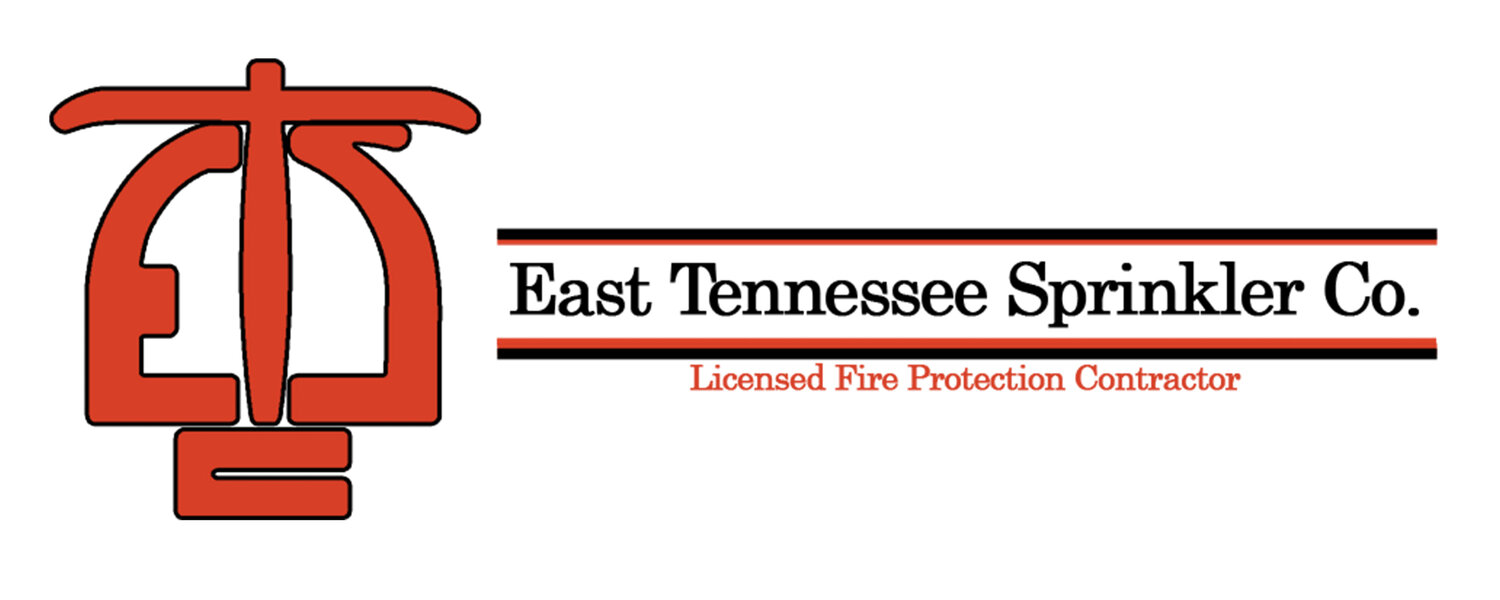Frequently asked questions.

+ How effective are fire sprinklers?
Sprinklers operate automatically in the area of fire origin, preventing a fire from growing undetected to a dangerous size, while simultaneously sounding an alarm.
Automatic fire sprinklers keep fires small. The majority of fires in sprinkled buildings are handled by one or two sprinklers.
+ How do fire sprinklers operate?
Automatic fire sprinklers are individually heat-activated, and tied into a network of piping with water under pressure. When the heat of a fire raises the sprinkler temperature to its operating point (usually 165ºF), a solder link will melt or a liquid-filled glass bulb will shatter to open that single sprinkler, releasing water directly over the source of the heat.
+ Do all sprinklers discharge at once?
Contrary to what is sometimes shown on television sitcoms, all sprinklers in the building do not operate simultaneously. Sprinklers distribute water directly where it is needed to confine and control a fire. In the majority of fires, only one or two sprinklers are required to operate.
The likelihood of a sprinkler discharging water in the absence of a fire is very small. Each model of sprinkler is subjected to rigorous laboratory tests to guarantee long-term integrity, and every single sprinkler is hydrostatically tested at twice the maximum system water pressure prior to leaving the factory.
Loss records of Factory Mutual Research indicate that the probability of a standard response spray sprinkler discharging accidentally due to a manufacturing defect is only 1 in 16,000,000 sprinklers per year in service.
+ How often should my system be inspected?
The National Fire Protection Association publishes NFPA 25 Inspection, Testing and Maintenance of Water-Based Fire Protection Systems. This document recommends that control valves without electronic supervision be checked on a weekly basis, just to make sure that they are in the open position. Other system components have different requirements. Check with the NFPA 25 or the manufacturers' literature for details.
At least annually, a full sprinkler system inspection should be performed by a knowledgeable professional. Some states and cities require more frequent inspections. Most sprinkler contractors offer economical long-term service agreements. These contractors can provide you with the test certificates which will comply with your insurance company and local fire department inspection requirements.
